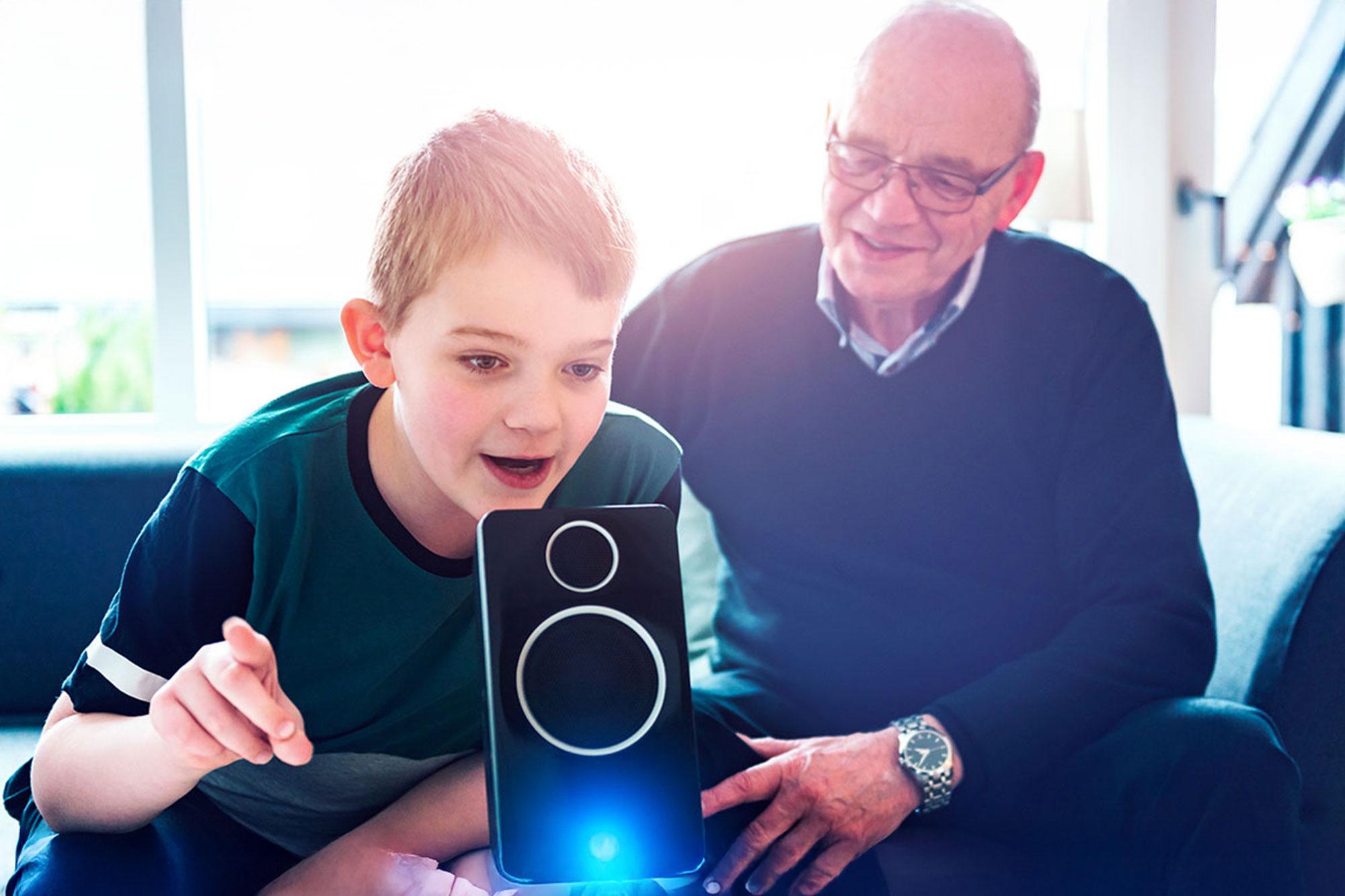Smart Home technology used in the care of elderly people

How do elderly people in Switzerland themselves find the monitoring of their health and behaviour by smart home systems? And what do caregivers think of this technology? This study gives the end users a voice.
Project description (completed research project)
The project examined the benefits, drawbacks and ethical concerns regarding intelligent health technologies for the home from the perspectives of elderly people themselves and of the persons caring for them. To this end the project team conducted a systematic literature review, interviews with caregivers and elderly people and a representative survey.
Background
As 20 percent of the population is aged 65 or more, Switzerland needs new solutions to care for its older population in view of falling birthrates and limited staff resources. Intelligent monitoring sensors for home use and robotics technologies enable older people to continue living independently at home for as long as possible, thereby cutting care costs. These devices offer the prospect of ensuring that emergencies and falls are spotted and dealt with while reducing the scope of human care.
Aim
The project has three objectives:
- to understand the main concerns of the elderly and their caregivers and to determine where ethical conflicts arise when such technologies are used for care purposes;
- to create conditions under which smart home technologies are accepted by their current or future users in Switzerland;
- to find ways in which smart home technologies can be developed and used more efficiently and responsibly.
Relevance
Handing over part of the services provided by human caregivers to smart home technologies is an effective, yet delicate process. This research project is relevant because it sheds light on the viewpoints of elderly people and their caregivers with respect to smart home technologies in elderly care. As revealed by the literature review, ethical concerns of end users have received surprisingly little attention in publications so far. This project has closed an important gap.
Results
The interviews revealed that many elderly people are completely unaware of the technologies available today and the potential they offer. However, creating this awareness is an important first step for promoting acceptance of these technologies.
The survey of the Swiss population found that robotics technologies are primarily accepted for practical tasks such as emergency call systems and memory aids, but not for social interaction. Concerns regarding usability, stigmatisation and the invasion of privacy play a role here.
Another core finding is that elderly people should not be viewed as a homogeneous group as acceptance depends greatly on individual and generational preferences.
Three main messages:
- Smart home health technologies are a useful complement to human care in certain areas (such as for locating an elderly person). However, they are not yet ready to be deployed fully independently in the care of elderly people today. This means that technical support and knowledge are necessary to enable elderly people to use these technologies efficiently and effectively. It must also be ensured that users have the freedom to find or adjust a technology to one with which they feel comfortable and are able to use. Elderly people will then be able not only to live and grow old in their chosen surroundings, but also to support their family and society in dealing with care responsibilities.
- We do not know enough yet about the future functions and capabilities of robotics technologies, which are likely to be developed along the lines of deep tech due to the rise of artificial intelligence (AI) and efforts by companies to maximise the use of robots in the domestic environment. As technologies evolve and are deployed in different contexts, the ethical and social concerns will also change and we realise that future-oriented thinking is still lagging behind. Research therefore needs to be forward-looking in order to offer up-to-date recommendations to policymakers and end users as to which technologies they should use, which concerns to bear in mind and which problems they should pay attention to.
- While the demographic trend in Switzerland is indeed calling for us to engage more with smart home health technologies, more thought is needed before such technologies are implemented on a widespread basis and without sufficient consideration of individual preferences regarding the desired level of care. At the population level our data show that some of the oldest among the elderly feel somewhat overwhelmed by the technologies and would not find them useful. They appreciate the human care that they expect and are used to and while not rejecting technology, they do not value it for their personal use. There will be generational differences in preferences determining which technologies could gain overall acceptance. Careful assessment is necessary to reflect on the differences between the very old (aged 85 and above) and the younger ones (aged 70 to 79). We also found differences at the level of individual preferences in terms of urgency and enthusiasm concerning the implementation of technologies. While some are intrinsically more motivated to seek more care and extend their lives through activation and the early detection of illnesses, others consider this superfluous to the natural course of life and growing old. Therefore, both individual and generational preference levels must be taken into account.
Original title
Smart Homes, Older Adults, and Caregivers: Facilitating social acceptance and negotiating responsibilities [RESOURCE]
